|
A Walkable Watershed integrates the flow of water and people into a cohesive strategy to improve the overall health of a community and the surrounding watershed. The concept is based on the idea that high-quality water goes hand-in-hand with a high quality of life, supporting access to the outdoors, enhanced community infrastructure and services, and stronger health outcomes. A Walkable Watershed process:
project informationCEI's Freetown Farm is located less than a mile from the Middle Patuxent River within the Chesapeake Bay Watershed. Currently stormwater from neighboring Atholton High School is directed onto the farm via a culvert and underground pipe and the previous farm owner piped this water to the edge of the property, resulting in flooding and erosion for residential neighbors. Stormwater runoff from the school also flows across the road and a bus yard and on to the farm causing flooding for the farm as well as surrounding properties. CEI and Atholton High School are in a unique position to support the health of the Middle Patuxent watershed through treatment of a significant volume of stormwater runoff as well as model how homeowners and commercial properties can address stormwater issues in a socio-ecologically beneficial manner. From 2019 to 2021 CEI implemented a series of three Chesapeake Bay Trust (CBT) grants called “Water F.O.R.C.E.” to address the stormwater from the high school that flows on to our farm. We completed an ecological master plan of the property and developed a plan to implement best management practices in the northwest field of the farm that will slow the stormwater down, spread it out, and allow it to soak into the ground. A second series of CBT grants through the Green Streets, Green Jobs, Green Towns is focused on mitigating the runoff from the high school by developing a green stormwater infrastructure (GSI) concept plan for the high school using a selection of integrated best management practices (BMPs). These projects will begin the “walkable watershed” by developing connected projects between the school and CEI’s farm property to provide students access to outdoor environmental education opportunities. Once implemented, these two connected projects will provide a highly visible demonstration of BMPs such as bioretention areas, infiltration trenches and dry wells, berms and swales, rain gardens, urban tree canopies, conservation landscapes, and rainwater harvesting. In addition to the demonstration value of the project, the installation of the BMPs will achieve reductions in nutrient and sediment loads in Middle Patuxent Watershed. The work at Freetown Farm and Atholton High School will be the beginning of a larger community Walkable Watershed initiative supported by the National Fish and Wildlife Foundation that will address stormwater management issues while simultaneously addressing community needs and neighborhood quality of life goals – such as improved neighborhood connectivity and better access to vibrant outdoor spaces – and integrating different assets within the community including CEI’s environmental learning center, Atholton High School, Robinson Nature Center, and the cultural heritage of Harriet Tubman’s Underground Railroad route. CEI is leading this initiative because we are connected and committed to the community and the different stakeholders associated with this work while also being nimble enough to take a leadership role in encouraging and pursuing innovations. The Freetown Walkable Watershed Initiative report is available here. Our partnersThe University of Maryland Extension and the Howard County Watershed Stewards Academy are key partners through all the phases of the walkable watershed initiative. CEI worked with Biohabitats to develop the design to address the stormwater flowing onto Freetown Farm. We are working with Skeo Solutions on the walkable watershed design plans for Atholton High and the surrounding Hickory Ridge community. They completed their first Walkable Watershed pilot in early 2012 in a community in Richmond, Virginia. They have since led Walkable Watershed projects benefiting communities with environmental justice concerns in more than seven locations across the country. We worked with Howard EcoWorks and Triangle Contracting on the BMP installation elements at Freetown Farm and are bringing this team back for the installation of BMPs at Atholton High School, new work which is being overseen by Coastal Resources Inc.
In March of 2024, CFIN celebrated its 10th Anniversary! See photos from the past 10 years of CFIN outings below. As we reflect on the successes of the past 10 years and feedback from alumni members, we are preparing to add ways that families can engage with CFIN. Here's what is on the horizon: Beginning in the summer of 2024, we are expanding our programming in order to offer participants a wider range of ways to engage with a Community of Families in Nature. Learn more about our expanded offerings by clicking on the 'About a Community of Families in Nature' button below. We look forward to spending the next 10 years playing, exploring, learning, and care-taking in nature with a new generation of CFIN families, as well as with CFIN alumni families! To learn more about Family Nature Clubs in general or more about CFIN's event offerings, use the buttons below. To receive news and reminders of sign ups, follow us on Facebook and/or join our mailing list! Cfin News and Registration links.cWe are just past the halfway mark of our spring membership season. We looked for signs of spring as the season emerged. Members have engaged in some playful movement in nature, planted a total of 34 native plants at two locations in Columbia, done a stream clean up, created some beautiful pressed flower in clay art, explored beloved spaces and planted seeds at Freetown Farm, hiked to Wilde Lake from our Adopt-a-Spot, enjoyed free play time in nature, and so much more! Our Hike-a-Month Club has enjoyed hikes from our Adopt-a-Spot to Wilde Lake in Columbia and the rewarding challenge of the Cascade Falls Loop Trail in Patapsco State Park. Spring Members and Community Members recently gathered for our Camping Celebration Event where we helped families of all camping experience levels mentally prepare for camping trips as a family! We were so happy to collaborate with our wonderful partners at Community Gear Closet for this event! Did you know they lend camping gear, a great way to try out camping as a family without making a big investment; click the button below for more info on borrowing gear from them! Registration for our Seedlings (infant, toddler, and pre-schoolers with a caregiver) Summer mini-mester, our Summer Family Membership season, Summer Art and Farm Workshops, and our Hike-a-Month Club are all open, click the links below. Enjoy Photos from Previous eventsCFIN FAQsfamily nature clubs: Come Outside and Play!Who: Children of all ages and their adults. What: Free-play, hikes, planned educational experiences as well as teachable moments, volunteer activities, and time in community with others. When you join a family nature club like CFIN, prepare to have fun, make friends, be amazed, earn your bath, and make memories! Check out a lovely video about CFIN outings below! Where: There are family nature clubs all over the country and the world! CFIN has excursions in natural areas in and around Howard County, Maryland. When: It depends on the program. Most of CFIN's programming takes place on Fridays and Sundays. See our Membership page for more details. Why: Research shows that people who spend frequent time outdoors experience enhanced use of the senses, fewer attention difficulties and decreased rates of physical and emotional illness. Spending frequent time outdoors is also the best way to develop a connection to nature, which is essential for environmental stewardship. As Mary Oliver has written, 'Attention is the beginning of devotion.' Having close relationships with important adults also gives children a sense of well-being and confidence that allows them to connect with the world around them. Learn more about the benefits of family nature clubs, including CFIN here! See links to additional research below. CFIN is committed to giving families the opportunity to connect with nature, each other, and their community.
OUR COMMITMENTJust as biodiversity strengthens natural systems, the diversity of human experience strengthens our efforts to create socially and ecologically healthy communities.
CEI is committed to honoring diversity, prioritizing inclusion, and working towards equity in all we do. We are dedicated to creating an environment free from any kind of discrimination including race, color, religion, age, sexual orientation, gender identity and expression, disability, national or ethnic origin, and veteran status. Our land was part of the Underground Railroad and is now within Columbia, Maryland—a place explicitly founded by James Rouse to be “a garden for growing people where anyone—whatever their race, wealth or religious beliefs—could reach their full potential.” We continuously work to make this vision a reality and to help other communities do the same. CEI joins the call for a more equitable, inclusive, peaceful, and just future that reaffirms dignity and ensures safety for all. As the new stewards of this historic, 6.4-acre farm on Harriet Tubman Lane in Howard County, Maryland, CEI reached out to those who helped us purchase and protect this land for their thoughts about what to rename it. CEI is committed to understanding and sharing the social and ecological history of this land. THE NAME OF THE FARM The property has been known as Shaw Farm for almost 40 years, named for its prior owner, Mr. David Shaw. We received close to 100 different name suggestions! To honor the important history of this land as well as the ways in which our urban farm will support the journey to a "carbon-free" future, we have, through an iterative process, chosen the name FREETOWN FARM. Our choice of the name Freetown Farm recognizes the important history of the land on which the Community Ecology Institute is putting down roots. We are working to develop programming that tells the story of this land and its historic community. INDIGENOUS LAND HISTORY To begin, we acknowledge that we are on the traditional land of the Piscataway Conoy Tribe as well as the Susquehannock, Algonquian, Lenape, Nanticoke, Powhatan, and Patuxent. In 1634, colonists came to the area via the Ark and Dove ships, and colonization of tribal lands was started by Leonard Calvert, Maryland’s first colonial governor. Conflict began to rise as the colonists continued to encroach on tribal lands, culminating in the first treaty in 1666 to establish the Piscataway reservation. This was followed by subsequent treaties, all of which would be broken in the coming years, resulting in the loss of native homelands. Records show that the plantations of this area used the labor of enslaved people as early as 1690, often for the growing and harvesting of tobacco. Once iron ore was discovered, slave labor was used in mining to support railroads. When asked what role enslaved people played in developing Howard County, Wylene Burch, the founding director of the Howard County Center of African American Culture explained:
After more than 150 years of slavery in Howard County, in 1845 local landowner Nicolas Worthington freed seventeen people he had enslaved and gave them 150 acres of land—an area that became known as Freetown. According to the 1860 Census, more than one in five Howard County residents was an enslaved person; another 10 percent were free black people—double the proportion of the rest of the state. Local historians believe that Freetown and the surrounding community of Simpsonville served as an important stopover point in the Underground Railroad. Ms. Burch noted research that showed the Underground Railroad thrived in the county because it was in “the tight place” as slaves moved north through Maryland via different waterways, such as the Middle Patuxent and Patapsco rivers.[ii] Our farm on Harriet Tubman Lane sits at the intersection of three locations on the Freetown-Simpsonville Legacy Trail known to have been part of the Underground Railroad:[iii]
The farm is located across the street from the Harriet Tubman School, a segregated high school for African American students established in 1948. Howard County Schools did not honor the 1954 Supreme Court Ruling mandating racial integration of schools until 1965. At that time, the Harriet Tubman School was closed after a new, integrated school, Atholton High School, was built next door. The Harriet Tubman School is now being renovated to become a historic, educational, and cultural center for the community. We are excited to pursue programming partnerships with the Harriet Tubman School once their facilities are complete. As that work continues, the Howard County Branch of the NAACP is stewarding a garden plot on the farm that will both help to tell the story of the African American history on this land and address local food justice issues. Freetown Farm is located in Columbia, Maryland—a unique, planned community founded in 1967 by James Rouse, whose commitment to racial integration and openness set an example for the nation. From its inception, Columbia championed integration—across race, class, and faith. The city’s iconic “People Tree” statue embodies this vision of our inter-connectedness. Rouse described Columbia as “a garden for growing people.”[iv] At Freetown Farm we aim to honor the rich legacies in our soil. SourcesPlease click the "Read More" button to view our sources.
Welcome! The mission of the Roots & Wings Learning Community is to offer supplemental, educational programming to home-schooled children, in order to nurture a deep connection to self & others through transformative arts integration, social responsibility and nature-rich activities. Below is an example of what the program schedule will look like next year (please note it is subject to slight changes):
Information about class sections:
|
AuthorSThe Community Ecology Institute co-authors the material on this blog with the support of several team members. Categories
All
Archives
July 2024
|

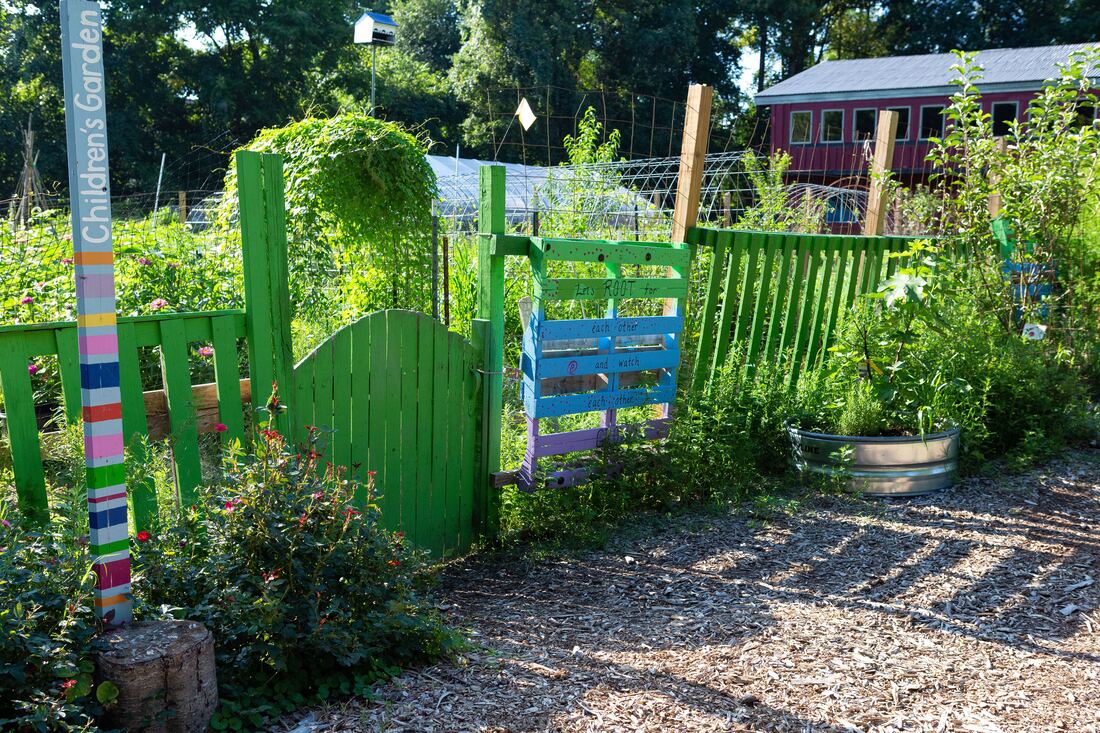
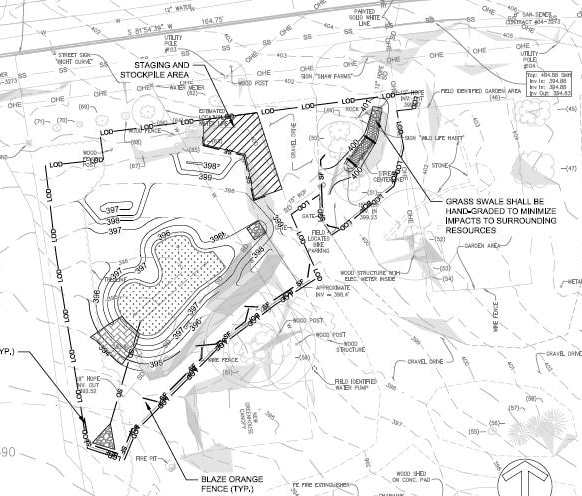
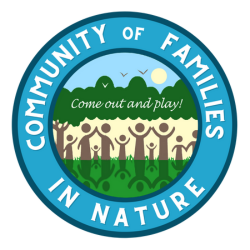
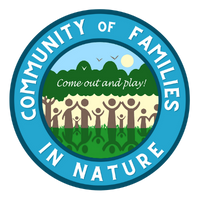
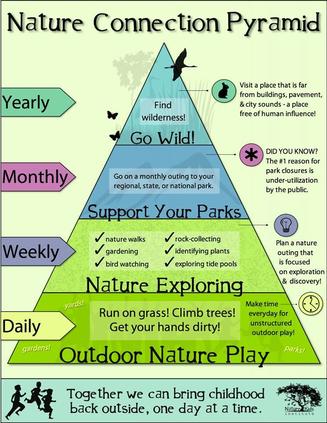
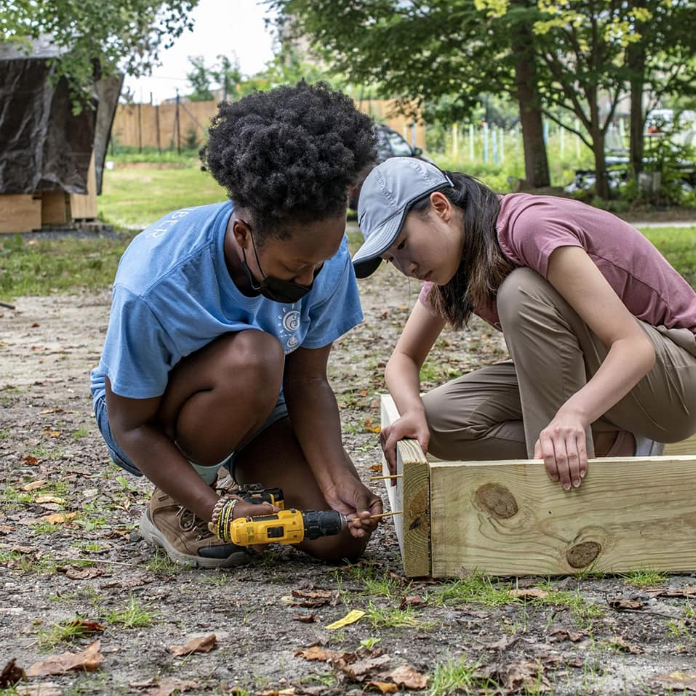
 RSS Feed
RSS Feed
